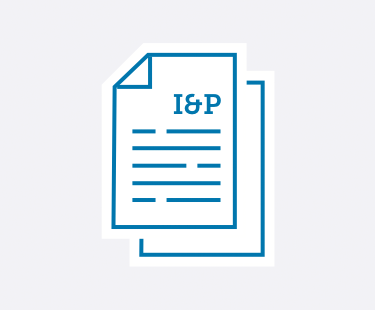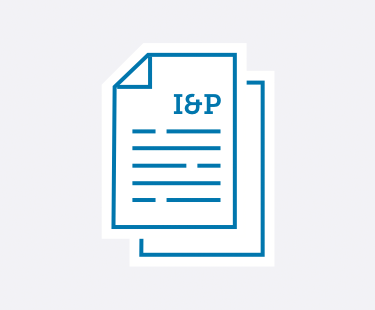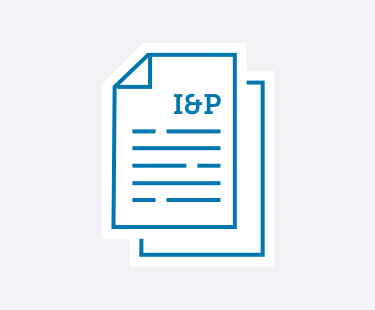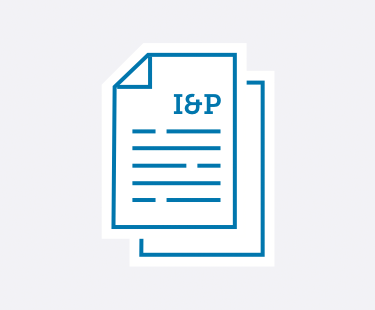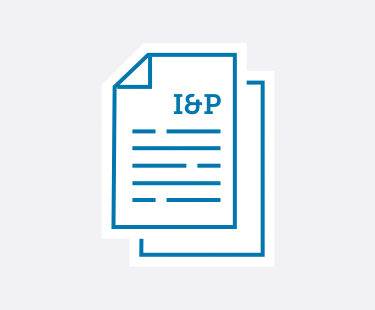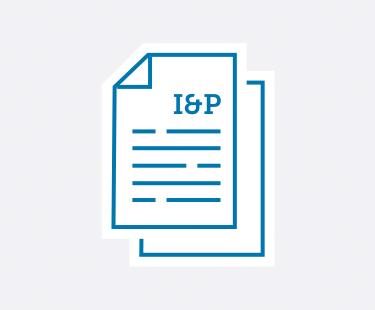

Learn practical strategies to handle emerging trends and leadership challenges in private schools.
No matter if you’re a School Head, Admission Director, Development Director, Board member, or any other private school administrator—Ideas & Perspectives, ISM’s premier private school publication, has strategic solutions for the pervasive problems you face.
- Tuition not keeping pace with your expenses? In I&P, explore how to use strategic financial planning to create your budget and appropriately adjust your tuition.
- Enrollment dropping off? Discover how to implement the right admission and enrollment management strategies that engage your community—and fill your classrooms.
- Trouble retaining teachers? Learn how you can best support your teachers using ISM’s Comprehensive Faculty Development framework. Your faculty members will become more enthusiastic about their roles—which ultimately improves student outcomes.
- Fundraising campaigns not as successful as you’d hoped? Implement ISM’s practical advice and guidance to build a thriving annual fund, construct an effective capital campaign, and secure major donors—no matter your community size or location.
- Not sure how to provide professional development—for you and your staff? Learn ways to develop and fund a successful professional development strategy. You can improve teacher-centered satisfaction and growth, which in turn strengthens student-centered learning.
- Problematic schedule? You can master the challenges of scheduling with the help of ISM’s practical advice, based on our experience with hundreds of schools and our time-tested theories.
- And so much more.
I&P has shared targeted research, up-to-date insight, and sound theory with school leaders since 1975. More than 8,500 private school decision-makers find the answers to their schools’ administrative and governance matters in our advisory letter. We give you the strategic answers you need.
As an ISM Silver or Gold member, you not only receive issues online and in print 10 times a year, but you have access to more than 600 articles in our web archive. Need help? It’s at your fingertips! Learn more and sign up for ISM's membership here.
Search
See the articles from our latest issue of Ideas & Perspectives.
Compensation Fairness: Emerging Realities
Volume 44 No. 8 // June 24, 2019
You, the School Head, employ a 10th-grade female English teacher. She earns $65,000 and has 15 years of experience. You also have an 11th-grade male science teacher. He also has 15 years of experience, but because science teachers are difficult to find and retain, you pay him $80,000 per year. Is this fair?
1. Already a member? Click here to login.
2. Not a member? Click here to become a member.
3. Not sure? We'll help you figure it out.
The Fifth Stage of the Donor Cycle: Recognize
Volume 44 No. 7 // June 3, 2019
Through their gifts, donors have demonstrated their commitment to your school, its mission, and its plans. Now, in the fifth stage of the Donor Cycle,1 recognize these supporters, appreciating and honoring their generosity in ways that ensure they feel reaffirmed and validated about their choice.
1. Already a member? Click here to login.
2. Not a member? Click here to become a member.
3. Not sure? We'll help you figure it out.
Be Aware! Disruptive Change Might Come Sooner Than You Think
Volume 44 No. 7 // June 3, 2019
Dramatic change happens slowly in education. The last major innovation, one that changed the nature of schooling, was the invention of the Carnegie unit in 1906. It was adopted so long ago, and has become so ingrained in the way education is done, educators are astounded that 120 hours of instruction is still the unit of measurement for determining students’ progress for the next level. While many people thought the technology revolution would create disruptive innovation for schools, the personal computer and the internet have not impacted the education industry in the way they have in the working world. Online, blended, and computer-adaptive learning have remained largely a supplementary experience, and have not reduced faculty or even the need for brick-and-mortar schools as some had thought. The school experience is still one teacher, in front of a group of students, in a room, delivering a largely standardized curriculum.
1. Already a member? Click here to login.
2. Not a member? Click here to become a member.
3. Not sure? We'll help you figure it out.
Keep Your Headship Focused and Effective
Volume 44 No. 7 // June 3, 2019
School Heads today rely strongly on the support and guidance provided by their Head Support and Evaluation Committees. Despite this support from the Board, however, the Head’s perennial problem is professional isolation. Heads often express their concerns about the issues they face during the school year—problem parents, the budget, Board relations, fundraising, etc. To lead their schools effectively, Heads must learn how to better delegate authority and to develop a professional support network outside the school. Even though Heads have other administrators to help resolve problems, they often tackle too many issues alone.2 When a Head makes every school concern a personal concern, eventually every problem—no matter whose purview—will come to him or her.
1. Already a member? Click here to login.
2. Not a member? Click here to become a member.
3. Not sure? We'll help you figure it out.
Nurturing Your Relationships With Feeder Schools
Volume 44 No. 6 // May 13, 2019
As Admission Director, one of your various tasks is to develop and maintain productive relationships with the schools that traditionally send students to you each year—your feeder schools. These schools can provide a steady, typically dependable, source of new students. But, beyond that, there are other advantages to having a portion of each year’s new students come from familiar programs.
1. Already a member? Click here to login.
2. Not a member? Click here to become a member.
3. Not sure? We'll help you figure it out.
The Top 15 Actions Sure to Derail Your Schedule Change Initiative
Volume 44 No. 6 // May 13, 2019
As independent schools jockey for a position in a competitive marketplace, there are at least three strong forces pushing them to change:
1. Already a member? Click here to login.
2. Not a member? Click here to become a member.
3. Not sure? We'll help you figure it out.
The ISM Advancement Model Revisited
Volume 44 No. 6 // May 13, 2019
ISM’s Advancement Model illustrates the key relationships existing among your school’s advancement efforts—admission and enrollment management, development, and marketing communications.1 With a common focus on your students and mission, your advancement efforts must share a strong message inviting families to enroll and re-enroll, and inspires them to make philanthropic gifts. The model provides a framework for planning, implementing, and evaluating your advancement program.
1. Already a member? Click here to login.
2. Not a member? Click here to become a member.
3. Not sure? We'll help you figure it out.
Pricing Your School: Tunnel Vision and the ISM Stability Markers
Volume 44 No. 5 // April 11, 2019
Many private-independent school leaders—often members of the Board of Trustees—develop a measure of tunnel vision regarding their school’s tuition level. And given the emphasis on price in market economies, this can be justified as an understandable fixation—even an obligatory one.
1. Already a member? Click here to login.
2. Not a member? Click here to become a member.
3. Not sure? We'll help you figure it out.
The Art of Being an Excellent Feeder School
Volume 44 No. 5 // April 11, 2019
If your school ends at the lower or middle division level, it’s a feeder school. You send your “graduates” to the next level of precollege education, in effect “feeding” those institutions. Your assistance with placing the students has strong implications for school image, reputation, and bonding.
1. Already a member? Click here to login.
2. Not a member? Click here to become a member.
3. Not sure? We'll help you figure it out.
SEVIS Compliance: What Exactly Does ‘Oversight’ Include?
Volume 44 No. 5 // April 11, 2019
Schools that suffer the withdrawal of their Student and Exchange Visitor Program (SEVP) certification lose the ability and authority to enroll any international students. And the nonimmigrant students falling out of status must depart from the U.S. and may further jeopardize any future opportunities to study here in the United States. So, the stakes are high.
1. Already a member? Click here to login.
2. Not a member? Click here to become a member.
3. Not sure? We'll help you figure it out.
